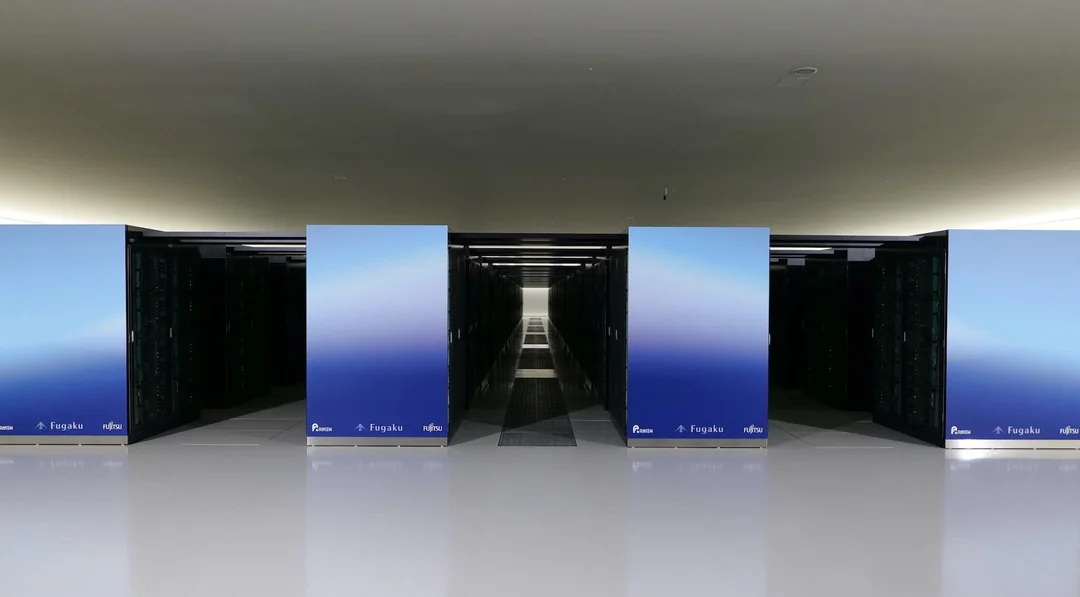Japan is taking a major leap forward with the development of the world’s first zetta-class supercomputer, Fugaku Next, starting in 2025. This machine will perform one sextillion calculations per second, making it 1,000 times faster than today’s top systems. Set for completion by 2030, the supercomputer will revolutionize fields such as artificial intelligence (AI), scientific research, and global data processing.
Unmatched Power: Fugaku Next’s Role in Supercomputing
Fugaku Next will build on its predecessor, Fugaku, but with unprecedented computational power. Its leap to zettaFLOPS will allow researchers to conduct complex simulations on an unimaginable scale. For example, this power can be applied to real-time climate modeling, quantum physics, and advanced biological processes. The vast potential of this supercomputer places Japan at the forefront of computational technology and global research.
Innovation in Technology: Performance and Energy Efficiency
Building such a powerful supercomputer comes with significant technical challenges. Fugaku Next will require advancements in processor technology, memory bandwidth, and cooling systems to handle its massive computational load. Furthermore, energy efficiency is critical as this system will consume immense amounts of power. Japan is focused on sustainable solutions to ensure this supercomputer operates effectively without a huge environmental impact. With a budget of $761 million, the country is committed to future-proofing its tech infrastructure.
Transforming AI and Global Research with the Supercomputer
One of Fugaku Next’s primary uses will be in advancing AI. Its zettaFLOPS power will allow researchers to create and optimize complex AI models, speeding up machine learning applications. The supercomputer will not only accelerate AI development but also enhance scientific research across various fields, such as developing new medicines, analyzing intricate materials, and addressing climate change. Fugaku Next’s unparalleled capabilities will help scientists conduct large-scale simulations and tackle pressing global challenges.
Japan’s Leadership in Supercomputer Development
Japan’s investment in Fugaku Next highlights its commitment to being a leader in global technology. The country has a history of innovation, and this supercomputer project is a testament to its forward-thinking vision. By 2030, Japan aims to solidify its role as a key player in AI and scientific research, with Fugaku Next positioned at the forefront.
The impact of Fugaku Next will extend beyond Japan. As this supercomputer becomes operational, it will help solve global challenges, from climate change to medical breakthroughs. Fugaku Next will push the limits of computing power, setting the stage for the next generation of scientific discoveries.
Conclusion
With its incredible power, energy efficiency, and AI-boosting capabilities, Fugaku Next will revolutionize the tech industry and contribute to solving some of the world’s biggest challenges. By 2030, Fugaku Next will transform AI and supercomputing, driving innovation and ushering in a new era of technological progress. Japan’s leadership in this field ensures that Fugaku Next will have a lasting global impact, advancing both AI and scientific research on a massive scale.






